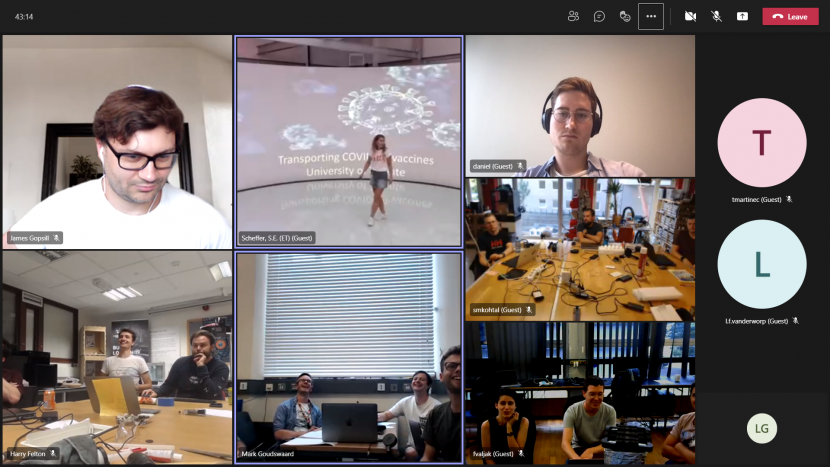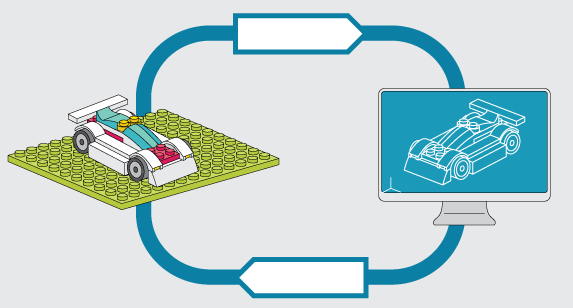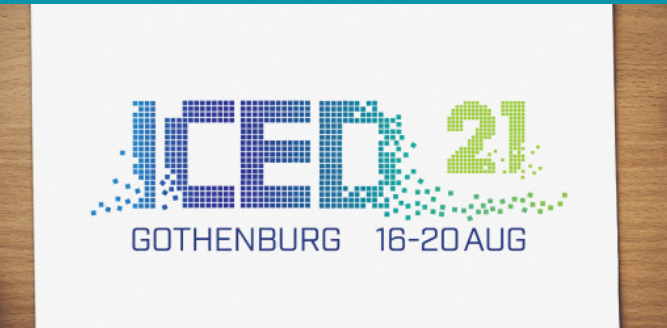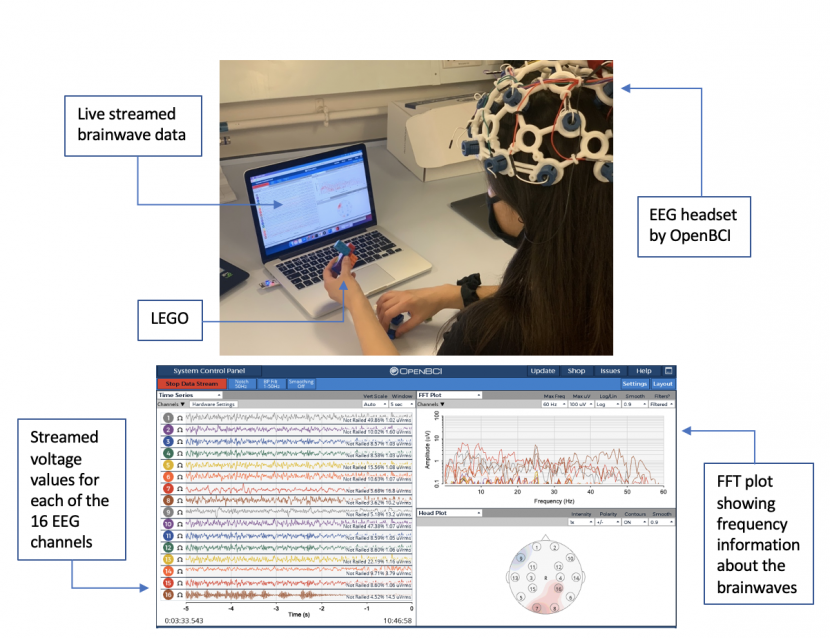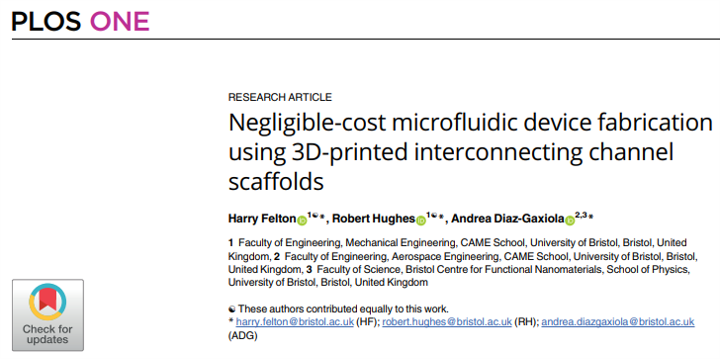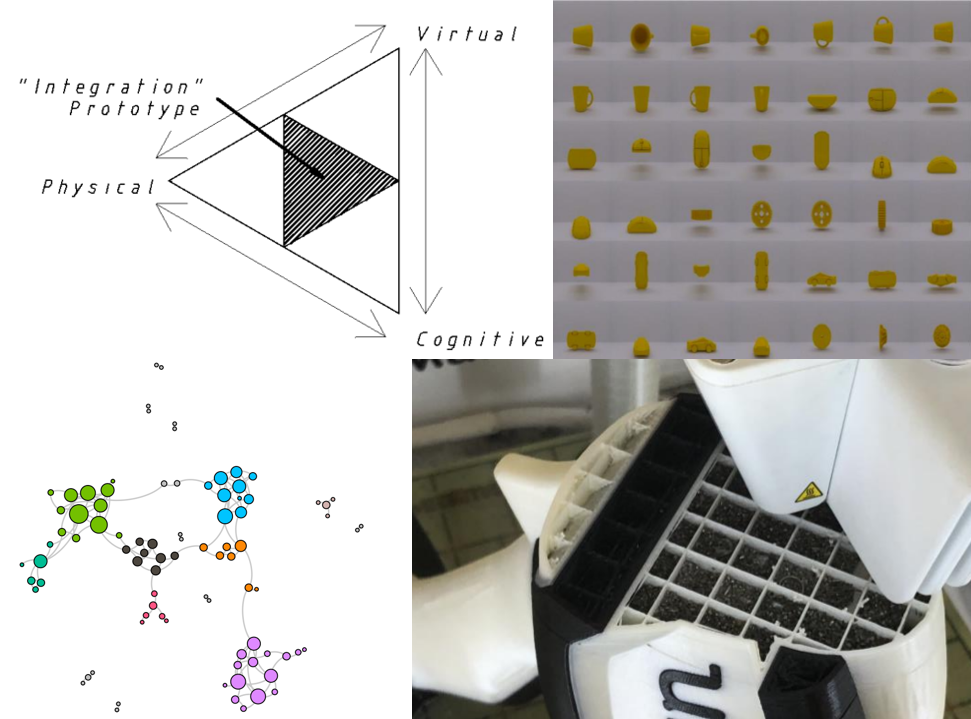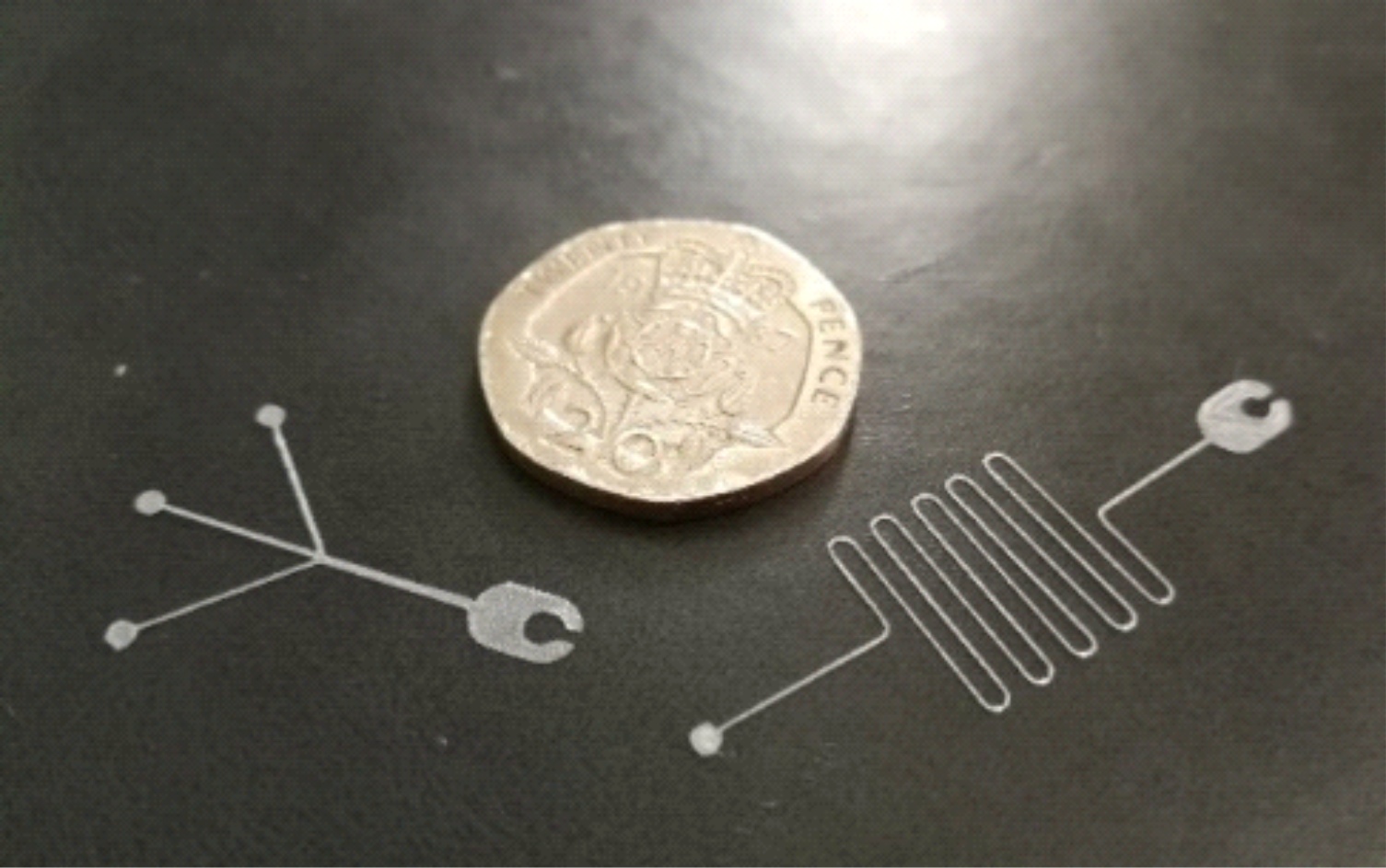The IDEA Challenge 2021
The IDEA (International Design Engineering Annual) Challenge just completed its first iteration! Inspired by current events, this year’s participants competed to develop a novel vaccine transport system to aid in the distribution of vaccines across rural Colombia. Fourteen participants from across four institutions participated. Over the course of four days, the groups worked hard to […]

